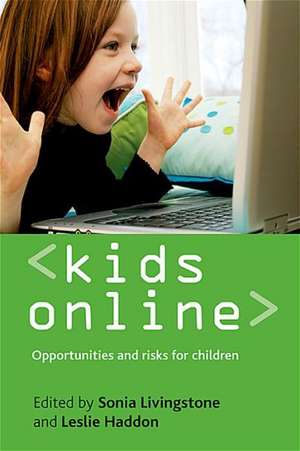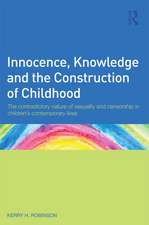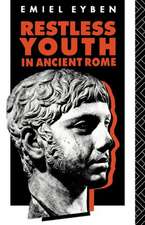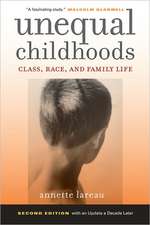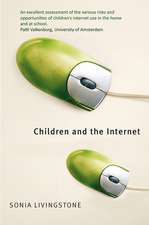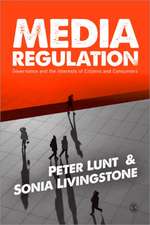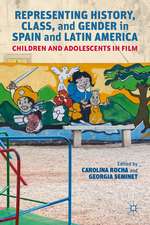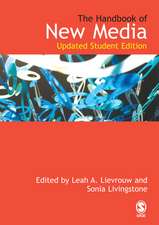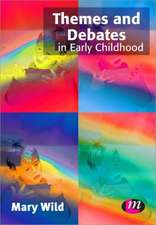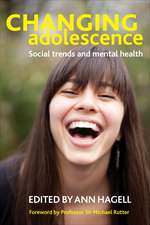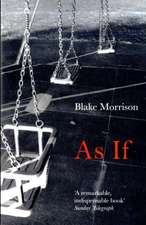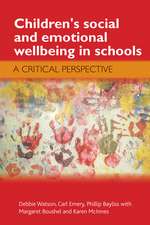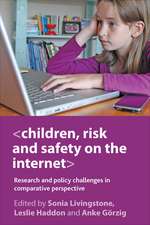Kids online – Opportunities and risks for children
Autor Sonia Livingstoneen Limba Engleză Hardback – 29 sep 2009
As the internet and new online technologies are becoming embedded in everyday life, there are increasing questions about their social implications and consequences. Children, young people and their families tend to be at the forefront of new media adoption but they also encounter a range of risky or negative experiences for which they may be unprepared, which are subject to continual change.This book captures the diverse, topical and timely expertise generated by the EU Kids Online project, which brings together 70 researchers in 21 countries across Europe. Each chapter has a distinct pan-European focus resulting in a uniquely comparative approach.
| Toate formatele și edițiile | Preț | Express |
|---|---|---|
| Paperback (1) | 286.69 lei 3-5 săpt. | |
| Bristol University Press – 29 sep 2009 | 286.69 lei 3-5 săpt. | |
| Hardback (1) | 778.71 lei 6-8 săpt. | |
| Bristol University Press – 29 sep 2009 | 778.71 lei 6-8 săpt. |
Preț: 778.71 lei
Preț vechi: 1011.31 lei
-23% Nou
Puncte Express: 1168
Preț estimativ în valută:
149.05€ • 161.96$ • 125.29£
149.05€ • 161.96$ • 125.29£
Carte tipărită la comandă
Livrare economică 21 aprilie-05 mai
Preluare comenzi: 021 569.72.76
Specificații
ISBN-13: 9781847424396
ISBN-10: 1847424392
Pagini: 296
Dimensiuni: 156 x 234 x 20 mm
Greutate: 0.59 kg
Editura: Bristol University Press
ISBN-10: 1847424392
Pagini: 296
Dimensiuni: 156 x 234 x 20 mm
Greutate: 0.59 kg
Editura: Bristol University Press
Recenzii
Professor Livingstone and colleagues provide extensive evidence-based findings which enable academics, educationalists, policy makers, parents and young people to think beyond anxieties generated by new technologies and make informed decisions about maximising digital opportunities while managing risks. An impressive and essential book, central to the child digital safety debate. Professor Tanya Byron, consultant clinical psychologist and author of the Byron Review, "Safer Children in a Digital World".
Amid a public debate that has been highly polarised and often sensationalised, this book provides a balanced, theoretically sound and highly readable assessment of the research on young people’s engagement with new media. It will be an extremely valuable resource for academic researchers, policy makers, industry leaders and parents. Professor Kathryn C. Montgomery, School of Communication, AmericanUniversity, and author of "Generation Digital: Politics, Commerce, and Childhood in the Age of the Internet" (MIT Press, 2007).
..readers eager for a unique comparative assessment of issues around new digital literacies as they pertain to kids will find much in these pages. Recommended. H Lowood in Choice
Notă biografică
Sonia Livingstone, Department of Media and Communications, The London School of Economics and Political Science and Leslie Haddon, Department of Media and Communications, The London School of Economics and Political Science
Cuprins
Introduction ~ Sonia Livingstone and Leslie Haddon
Section 1: Researching European children online
What we know, what we do not know ~ Verónica Donoso, Kjartan Ólafsson and Thorbjörn Broddason
Research with children ~ Bojana Lobe, José
Alberto Simões and Bieke Zaman
Opportunities and pitfalls of cross-national research ~ Uwe Hasebrink, Kjartan Ólafsson and Václav Štetka
Cultures of research and policy in Europe ~ Leslie Haddon and Gitte Stald
Section II: Going online: new opportunities?
Opportunities and benefits online ~ Pille Runnel, Veronika Kalmus, Pille Runnel and Andra Siibak
Adolescents and social network sites: identity, friendships and privacy ~ Jochen Peter, Patti M. Valkenburg and Cédric Fluckiger
Young people online: gender and age influences ~ Helen McQuillan and Leen d'Haenens; Digital divides ~ Panayiota Tsatsou, Pille Pruulmann-Vengerfeldt and Maria Francesca Murru
Section III: Going online: new risks?
Risky contacts ~ Marika Hanne Lüders, Petter Bae Brandtzæg and Elza Dunkels
Inappropriate content ~ Thomas Wold, Elena Aristodemou, Elza Dunkels and Yiannis Laouris
Problematic conduct: juvenile delinquency on the internet ~ Elisabeth Staksrud
Children and the internet in the news: agency, voices and agendas ~ Cristina Ponte, Joke Bauwens and Giovanna Mascheroni
The role of parental mediation in explaining cross-national experiences risk ~ Bojana Lobe, Katia Segers and Liza Tsaliki Section IV: Policy implications: Maximising opportunities and minimising risks for children online ~ Jos de Haan
Parental mediation ~ Lucyna Kirwil, Maialen Garmendia, Carmelo Garitaonandia and Gemma Martínez Fernández
Making use of ICT for learning in European schools ~ Ingrid Paus-Hasebrink, Andrea Dürager, Christine Wijnen and Kadri Ugur
Media literacy ~ Brian O'Neill and Ingunn Hagen
Conclusion ~ Sonia Livingstone and Leslie Haddon
Section 1: Researching European children online
What we know, what we do not know ~ Verónica Donoso, Kjartan Ólafsson and Thorbjörn Broddason
Research with children ~ Bojana Lobe, José
Alberto Simões and Bieke Zaman
Opportunities and pitfalls of cross-national research ~ Uwe Hasebrink, Kjartan Ólafsson and Václav Štetka
Cultures of research and policy in Europe ~ Leslie Haddon and Gitte Stald
Section II: Going online: new opportunities?
Opportunities and benefits online ~ Pille Runnel, Veronika Kalmus, Pille Runnel and Andra Siibak
Adolescents and social network sites: identity, friendships and privacy ~ Jochen Peter, Patti M. Valkenburg and Cédric Fluckiger
Young people online: gender and age influences ~ Helen McQuillan and Leen d'Haenens; Digital divides ~ Panayiota Tsatsou, Pille Pruulmann-Vengerfeldt and Maria Francesca Murru
Section III: Going online: new risks?
Risky contacts ~ Marika Hanne Lüders, Petter Bae Brandtzæg and Elza Dunkels
Inappropriate content ~ Thomas Wold, Elena Aristodemou, Elza Dunkels and Yiannis Laouris
Problematic conduct: juvenile delinquency on the internet ~ Elisabeth Staksrud
Children and the internet in the news: agency, voices and agendas ~ Cristina Ponte, Joke Bauwens and Giovanna Mascheroni
The role of parental mediation in explaining cross-national experiences risk ~ Bojana Lobe, Katia Segers and Liza Tsaliki Section IV: Policy implications: Maximising opportunities and minimising risks for children online ~ Jos de Haan
Parental mediation ~ Lucyna Kirwil, Maialen Garmendia, Carmelo Garitaonandia and Gemma Martínez Fernández
Making use of ICT for learning in European schools ~ Ingrid Paus-Hasebrink, Andrea Dürager, Christine Wijnen and Kadri Ugur
Media literacy ~ Brian O'Neill and Ingunn Hagen
Conclusion ~ Sonia Livingstone and Leslie Haddon
